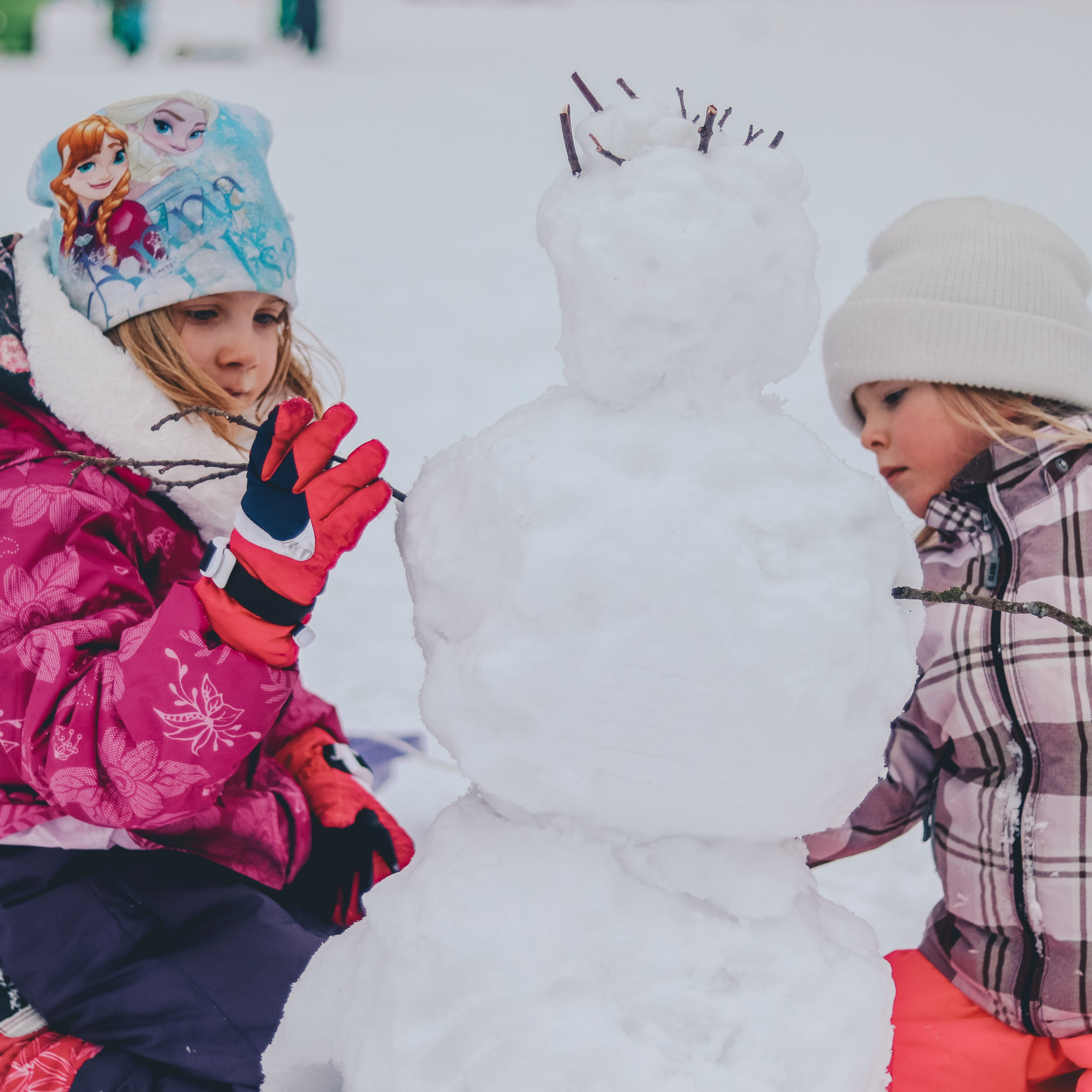Celebrating the Holidays During a Pandemic
 For people affected by cancer, the holiday season can be a complicated time of year. Oncology social worker Leeann Medina-Martinez, LMSW, offers her insight on staying connected and creating new traditions during a year unlike any other.
For people affected by cancer, the holiday season can be a complicated time of year. Oncology social worker Leeann Medina-Martinez, LMSW, offers her insight on staying connected and creating new traditions during a year unlike any other.
Common Concerns During the Holiday Season
Even for those who are not accommodating a cancer diagnosis, this time of year involves logistics that are stressful for everyone: guest lists, cooking responsibilities, travel arrangements, gifts, finances and much more. On top of this, coping with cancer can impact our emotions about the holidays, and symptoms and side effects may change our physical ability to participate in activities. The coronavirus pandemic has further upended plans for people across the country and across the globe.
Many people living with cancer, caregivers and the bereaved experience some level of anxiety or depression around the holidays. There may be feelings of guilt over not keeping up with established family traditions due to stress, fatigue or lack of time. Others may feel jealous or even resentful of others who get to have “normal” holidays, and those coping with the loss of a loved one may question whether they want to celebrate at all without the person they lost.
All of these reactions are normal and understandable, and it’s important to make room for conversations about whatever you and your loved ones are feeling. Keep in mind that there is no “one” way to celebrate the holidays, as long as it works for you, your health and your lifestyle.
Connecting With Loved Ones Few of us expected to be practicing social distancing for this long, and there was some hope that by the end of the year, we’d be able to spend time together in groups to celebrate. Unfortunately, that isn’t the case, and it’s best for patients who are high-risk and their caregivers to stay home whenever possible and keep safety precautions from the CDC and other public health agencies in mind.
Few of us expected to be practicing social distancing for this long, and there was some hope that by the end of the year, we’d be able to spend time together in groups to celebrate. Unfortunately, that isn’t the case, and it’s best for patients who are high-risk and their caregivers to stay home whenever possible and keep safety precautions from the CDC and other public health agencies in mind.
Thankfully, there are more ways than ever to keep in touch: in addition to standard telephone calls and written cards or letters, many have become more comfortable with texting, online messaging and video chatting in recent months.
Video calls can’t fully compensate for the lack of physical presence, but it is a good alternative for seeing those whom you might only meet at a family gathering once a year. Households may decide to each set up their computer or phone at the dinner table or other gathering place so you can still feel as though you’re sharing the moment together. If a video call with a large group feels too overwhelming, try asking a friend or family member to organize shorter, smaller calls with different family units on your behalf.
Cards and letters, whether handwritten or virtual, are a great way to show someone you are thinking of them, and they will also be able to keep and display your message. You can share a favorite memory or write about a song that reminds you of that person. You may also want to include photos, a meaningful poem or other small tokens to personalize the message even more.
If gift-giving is part of your tradition, you can still send gifts by shopping online and having items shipped directly to your recipient or by sending digital gift cards. Many retailers include gift message and gift wrap options. If you prefer wrapping presents yourself, you can have the gift items and packaging supplies delivered to your home, then arrange for home pickup from the postal service or courier services. A friend or family member may also be able to ship the items on your behalf, or even deliver them locally if your recipients are nearby.
Speaking with Children and Teens About the Holidays
Adjusting family traditions can be especially difficult for children and teens. Structure and routine are important, and they can help young people feel more stable during a time of change and uncertainty.
As with most major topics, the best way to prepare children and teens is to communicate openly with them. Give them space to ask questions, keep them updated, and remember that it’s okay not to have all the answers. If they ask you something and you’re not sure of the answer, let them know you don’t know but will try to find out from the right person, and be sure to follow through. This offers you the chance to provide the most appropriate information from sources you trust, as opposed to unverified information that they might get themselves on social media, on television, from friends and so on.
However you can, invite the children and teens in your life to play an active part in finding ways to celebrate the holiday season.
Creating New Holiday Traditions If you aren’t celebrating the same way you have in the past, try considering this an opportunity to create new traditions. If you usually buy gifts but your budget is tight, challenge the family to exchange handmade or crafted presents instead, or plan to give and receive one gift per person instead of for all. If your tradition is a large meal and you don’t wish to cook, order a special meal from a local restaurant. You can even let the kids choose the food or make it a potluck by ordering multiple dishes from multiple restaurants. By doing something out of the ordinary, these alternatives will still feel special and celebratory during the holiday season.
If you aren’t celebrating the same way you have in the past, try considering this an opportunity to create new traditions. If you usually buy gifts but your budget is tight, challenge the family to exchange handmade or crafted presents instead, or plan to give and receive one gift per person instead of for all. If your tradition is a large meal and you don’t wish to cook, order a special meal from a local restaurant. You can even let the kids choose the food or make it a potluck by ordering multiple dishes from multiple restaurants. By doing something out of the ordinary, these alternatives will still feel special and celebratory during the holiday season.
The key is giving yourself the freedom to be creative. Think about the values that are at the core of your holiday traditions and see how you might adapt them. For example, perhaps you and your family usually bake cookies together, but you don’t have the means or energy to do so this year. If it’s about sharing sweets, have cookies delivered from a local bakery. If it’s about creating something, do a jigsaw puzzle or craft project (all-inclusive kits can make this easy). If it’s about working toward a common goal, play a cooperative board game or video game together.
More often than not, the traditions we hold dear are about the people we share them with and the time you spend together. However you choose to celebrate this holiday season, you and your loved ones are sure to make memories that you’ll cherish for years to come.
If you need help coping with issues related to cancer and the holidays, call our Hopeline to speak with an oncology social worker at 800-813-HOPE (4673). You may also wish to read or share our fact sheet, Coping With Cancer During the Holidays. View all our services.
